Climate Change
A mountain range such as the Carpathians encompasses transboundary ecosystems, which play a critical role for providing essential goods and services, including water supply, biodiversity, leisure and landscape, and are important income sources for communities through agriculture, tourism, health and the use of natural resources. Agricultural and forest ecosystem services also provide a crucial component for carbon sequestration which stresses the importance of sustainable practices for protection and management towards their essential contribution for climate regulation. While climate change and variability in mountain systems have had impacts on lowland communities throughout human history, the needs and ability to track and manage these impacts has majorly emerged in recent decades.
The transboundary dimension of climate change and its corresponding risks need to be better understood to ensure effective collaboration towards achieving global goals on climate change (e.g. United Nations Framework Convention on Climate Change and its Paris Agreement), as well as the Sustainable Development Goals. Climate impacts in one country can create risks and opportunities – and therefore may require adaptation – in other countries, due to cross- border connectivity within regions and globally.
As mountains are particularly vulnerable to climate change, protecting important sites for mountain biodiversity is vital for ensuring long term and sustainable use of mountain natural resources and their services especially in the Carpathians with their large number of protected ecosystems and species.
In order to steer progress towards building resilience and supporting collaborative action on climate change in the Carpathians, a structured approach for setting priorities, defining strategic goals and finding solutions in response to accelerating tendencies of climate risks and impacts is needed.
Article 12bis of the Carpathian Convention pursues climate change mitigation and adaptation across all sectors relevant to the Carpathians, especially in the most vulnerable areas. Such cross-sectoral integration involves transnational cooperation, public participation, local adaptation planning processes and more. The Article also requires Parties to undertake measures that reduce adverse effects of climate change.
Climate change risks and impacts on the Carpathian forests
The Carpathian Convention Conference of the Parties at its 6th meeting (2020) through its decisions encouraged the development of an assessment of the impacts of climate change on the Carpathian forests and their ecosystems services by relevant Convention Working Groups and partners and with support of the Convention Secretariat. Subsequently, this activity has been included in the Implementation Framework 2030 accompanying the Long-term Vision towards combating climate change in the Carpathians, as well as the work plan of the WG Forest, with the aim to enhance cooperation between these WGs.
For this this reason, a dedicated Expert Group of the Working Group on Climate Change and the Working Group on Sustainable Forest Management has been established with experts nominated by the Focal Points of the Carpathian Convention that supported the development of the assessment and shall at the same time strengthen cooperation between these topics under the Carpathian Convention.
Nominated experts had provided valuable input and background information giving the basis for the scope and topics covered by this assessment, which then under the lead of by Dr. William Keeton, University of Vermont and Member of the Science for the Carpathians, and the Secretariat of the Carpathian Convention has been used for further development and finalizing the assessment.
The final version of the Assessment of climate change risks and impacts on the Carpathian forests and their ecosystem services, has been welcomed by the Carpathian Convention COP7, encouraging the Parties, relevant WGs and stakeholders to consider and act on proposed policy recommendations.
- Assessment of climate change risks and impacts on the Carpathian forests and their ecosystem services
Related Working Groups and Initiatives
Selected Documents
Related projects
- CARPIVIA – Carpathian Integrated Assessment of Vulnerability to Climate Change and Ecosystem-based Adaptation Measures
- C3-Alps – Capitalizing Climate Change Knowledge for Adaptation in the Alpine Space
- Alpstar – Toward Carbon neutral Alps-Make best practice minimum standard!
- CLISP – Climate Change Adaptaion by Spatial Planning in the Alpine Space
- ClimAlpTour – Climate Change and its Impact on Tourism in the Alpine Space
Vienna Programme Office
Secretariat of the Carpathian Convention
UN Environmnent
Vienna International Centre
PO Box 500
A – 1400 Vienna
Tel: +43 1 260 60 83038
Mail: info.carpathianconvention@un.org
TOPICS:
Large Carnivores
Education for Sustainable Development
© Secretariat of the Carpathian Convention
POWERED BY:

